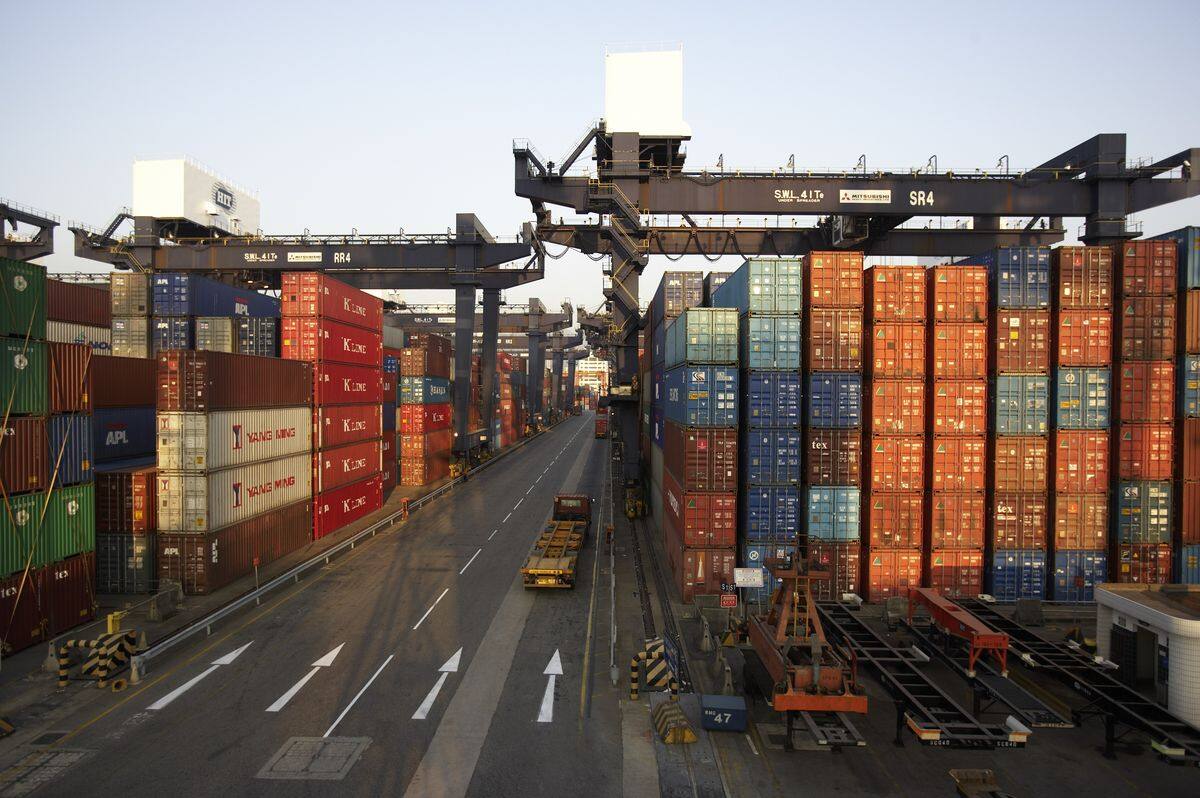Before initiating the export process, clarifying certification and standard requirements is the primary task, serving as the "first threshold" for smooth customs clearance. All battery-operated products, whether mobile phones, small appliances, chargers, or lighting fixtures, must first be registered on the SABER platform to obtain a Product Certificate of Conformity (COC), which is the foundational document for customs release. Among these, low-voltage appliances additionally require GCC certification, a process that takes approximately 3-6 months. Companies must allocate sufficient time in advance for sample testing, which covers key indicators such as electrical safety and electromagnetic compatibility. Furthermore, appliances like air conditioners and refrigerators must affix the Saudi energy efficiency label, while electronic and electrical products such as computers and headphones must comply with SASO RoHS standards. Test reports must be issued by laboratories recognized by Saudi to avoid rework due to invalid reports.

Meticulous handling of documents and packaging is crucial to mitigating risks during customs clearance. In addition to standard documents such as bills of lading, invoices, and packing lists, companies must prepare an Arabic user manual that clearly indicates product voltage, power, safety warnings, and other information. A circuit diagram should also be provided for customs inspections to verify product structure compliance. If the product contains lithium batteries, a UN38.3 test report and a dangerous goods transport identification document must be submitted. Additionally, packaging must comply with standards such as UN1880/UN3480 to prevent being flagged as "dangerous goods non-compliance." Regarding labeling specifications, the product itself must display the Saudi standard voltage (220V/60Hz), manufacturer information, and the SABER certification code. Packaging must bear either a "non-hazardous product identifier" or a "hazardous product warning label," depending on the product's nature. All labels must be bilingual in Arabic and English to avoid shipment returns due to non-compliant labeling.
For small and medium-sized enterprises lacking local resources in Saudi, the transportation process is equally critical. Battery-operated products, especially those containing lithium batteries, must be handled by freight forwarders with hazardous chemicals transportation qualifications. During shipment, these products should be declared under the "battery-operated product category" separately to avoid mixing with general cargo, which could lead to seizures. If shipping by sea, companies must confirm lithium battery loading requirements with the shipping carrier in advance, such as whether segregated space is needed, to prevent space rejection that could disrupt shipments.
Moreover, companies must cultivate long-term compliance awareness and ensure ongoing follow-up. Saudi regulatory policies are not static; updates to energy efficiency standards and adjustments to certification processes occur frequently. Companies should regularly monitor policy announcements on the SABER platform and the SASO official website to update product certifications and labels promptly. After customs clearance, it is essential to retain a complete set of documents, including the COC certificate and test reports, to facilitate future product tracing or reuse for secondary exports, thereby reducing redundant efforts.
Ontask Express focuses on the Saudi special line, providing customers with efficient and reliable Saudi cargo, with a focus on the Middle East region. With overseas warehouses in Jeddah and Riyadh, along with a self-managed Chinese delivery team, we empower Chinese products to go global and benefit all humanity!


